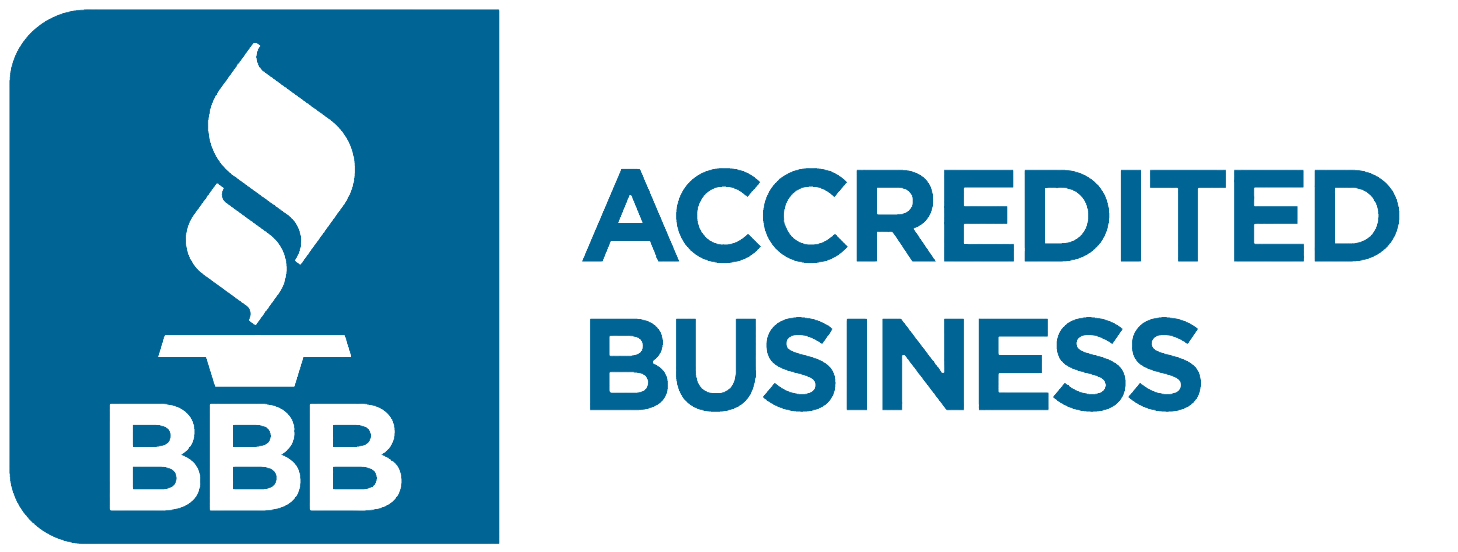
When we think of milestone birthdays, we often think of ones that are already behind us – like 18 and 30. But there are plenty of important birthdays ahead of you, especially as you near and enter retirement. Starting at age 50, several birthdays are critical to acknowledge because they can have implications for your retirement and tax situation.
Age 50
At age 50, workers can make annual “catch-up” contributions in addition to their normal contributions. In 2022, you can contribute up to $6,000 to an IRA if you are under 50 and an additional $1,000 if you are 50 or older. Those 50 and older can also contribute an additional $6,500 to a 401(k), 403(b), most 457 plans, and a government Thrift Savings Plan in 2022 for a total of $27,000.3 If you contribute more of your earned income to a tax-deferred retirement account, you may be able to lower your tax burden.
Age 65
You can claim a bigger standard deduction when you turn 65. Before age 65, the standard deduction for the 2021 tax year is $12,550 for single filers and $25,100 for married couples filing jointly. The standard deduction increases by $1,700 once you turn 65 for single taxpayers and increases by $2,700 for married couples filing jointly if both are 65 or older. Around the time you retire, your tax situation may change. For example, you may go from itemizing to claiming the standard deduction if the mortgage interest deduction or other popular itemized deductions are unavailable to you.
Age 72
Required Minimum Distributions (RMDs) start at age 72 and apply to qualified retirement plans, such as 401(k)s, 403(b)s, and IRAs.4 RMDs are the minimum you are required to withdraw each year, but you can always withdraw more than that amount. Withdrawing more from a traditional retirement account could mean a higher tax burden and an end to tax-free growth for the withdrawn funds. If you forget to take an RMD, it’s going to cost you. There is a 50% penalty based on the RMD you were supposed to take on top of the tax you’ll owe. You can talk to a financial advisor to create a plan to avoid missing RMDs and to develop a long-term tax minimization plan.
Don’t forget about your tax bill in retirement. Understanding important birthdays over 50 may help you better prepare for certain retirement income and benefits. We invite you to talk to us about your unique options and strategies – sign up for a meeting. And if you’re nearing any birthday, we wish you a happy one!










